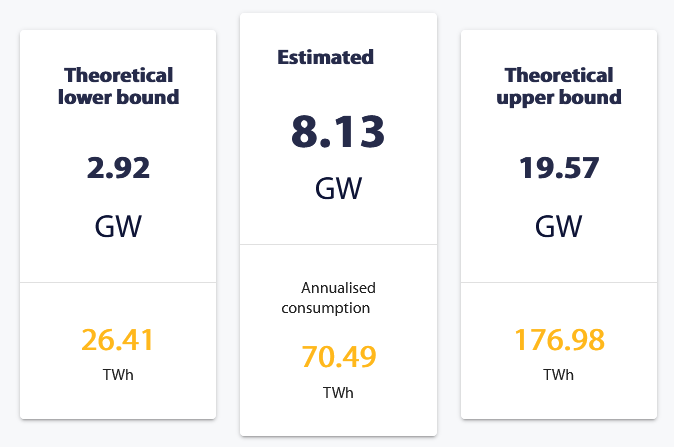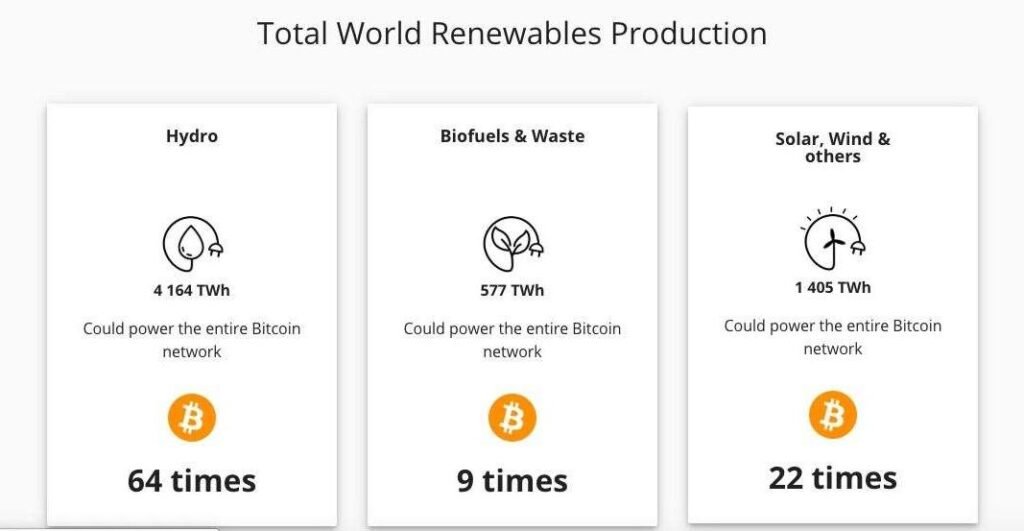Bitcoin mining is an energy-intensive process that involves using powerful computers round the clock to solve complex mathematical problems.

It is a decentralised digital currency that has no physical existence. New Bitcoins are brought into circulation as a reward for a process known as ‘mining’. The miners are rewarded with new Bitcoins for each block they mine successfully.
Recording a block involves solving mathematical problems which get more complex with each mining and thus requiring special computers with colossal processing powers to record the block which is energy intensive.

As per an estimate by the University of Cambridge, Bitcoin mining consumes more than 178 (TWh) annually.
Despite issues of greenhouse gases produced in Bitcoin mining, the United Nations believes that cryptocurrencies and blockchain technology could play an important role in sustainable development.
In a report last month, the United Nations said that transparency is one of the most useful aspects of cryptocurrencies and can provide a trusted record of transactions, especially in countries with weak institutions and high levels of corruption.

The UN experts believe that this technology could provide a transparent way to show how countries around the world are taking action to reduce their impact on the climate.
The World Food Program (WFP) has found that blockchain technology can help ensure that cash gets to those who need it most.
Reference- UN Report, World Food Program website, Hindustan Times






